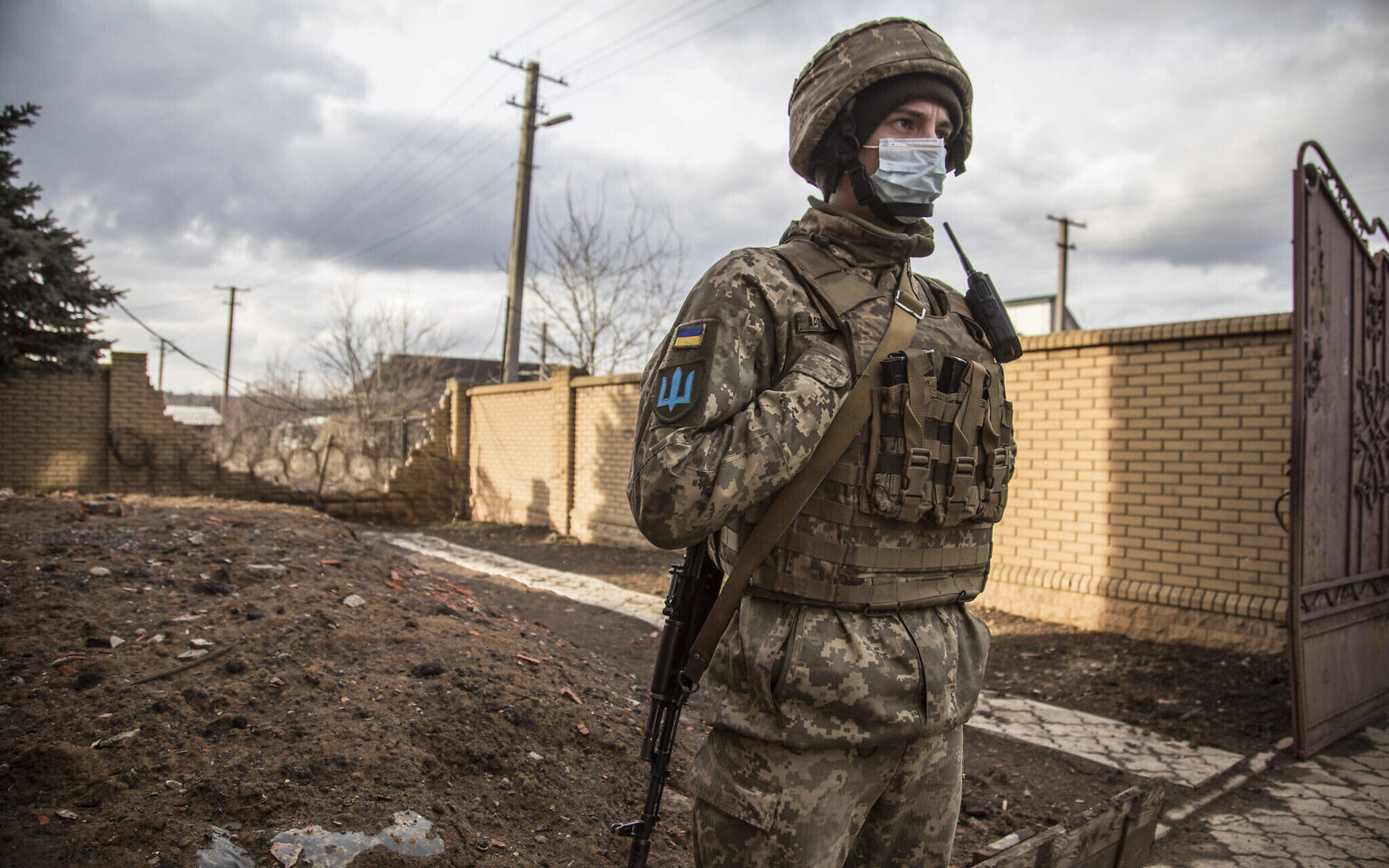As the war in Ukraine grinds on into its third year, the Ukrainian soldiers find themselves engaged in a protracted and arduous struggle against the formidable might of Russian forces. The conflict, marked by attrition, shifting frontlines, and relentless combat, has exacted a heavy toll on both sides, but particularly on Ukraine, which faces significant challenges in terms of resources, manpower, and international support.
In the eastern regions of Ukraine, where the fighting is most intense, units like the 59th Brigade are at the forefront of the conflict. These Ukrainian soldiers, often outnumbered and outgunned by their Russian adversaries, confront a stark reality: they are running out of soldiers and ammunition to sustain their resistance. Platoon commanders, known by their call signs such as “Tygr,” lament the loss of comrades and the strain it places on their units’ effectiveness. What began as a conflict with several thousand men has seen casualties mount, with many soldiers killed, wounded, or otherwise incapacitated.
The challenges faced by Ukrainian soldiers are exacerbated by the harsh conditions of the battlefield. The eastern front, characterized by freezing temperatures and unforgiving terrain, has turned into a quagmire of mud and slush, making movement difficult and exposing troops to the elements. Soldiers suffer from illness and fatigue, further depleting their ranks and diminishing their combat effectiveness. The toll of the war is not just measured in lives lost but also in the physical and psychological toll it takes on those who continue to fight.
Despite the adversity they face, Ukrainian soldiers remain resolute in their determination to defend their homeland from foreign aggression. Motivated by a sense of duty and patriotism, they continue to hold the line against Russian advances, often at great personal risk. But their efforts are hampered by critical shortages of manpower and resources, as well as logistical challenges that hinder their ability to sustain their defense over the long term.
International support is crucial for Ukraine’s defense efforts, but it has been slow to materialize and often falls short of what is needed to turn the tide of the conflict. The United States, in particular, has pledged significant aid to Ukraine, but bureaucratic delays and political wrangling by Congressional Republicans have hindered the timely delivery of much-needed assistance. As a result, Ukrainian soldiers find themselves inadequately equipped and ill-prepared to confront the full force of the Russian military machine.
One of the most pressing challenges facing Ukrainian forces is the shortage of ammunition and essential equipment. Artillery shells, in particular, are in short supply, limiting the effectiveness of Ukrainian artillery units and depriving them of a crucial tactical advantage. Moreover, the asymmetrical nature of the conflict, characterized by the widespread use of drones by both sides, has further complicated the battlefield dynamic, forcing Ukrainian troops to adapt to new tactics and technologies on the fly.
Despite these challenges, Ukrainian soldiers remain undaunted in their resolve to defend their homeland from foreign aggression. They draw strength from their sense of duty and camaraderie, as well as from the support of their fellow citizens who stand behind them in solidarity. But they also recognize the need for greater support from the international community to bolster their defense efforts and ensure their ultimate victory over their adversaries.
In conclusion, the war in Ukraine is a test of endurance, resilience, and determination for all those involved. Ukrainian soldiers, despite facing overwhelming odds, continue to fight bravely against their Russian adversaries, but they cannot do it alone. They need the support of the international community to provide them with the resources, manpower, and assistance they need to prevail in this long and difficult conflict.
